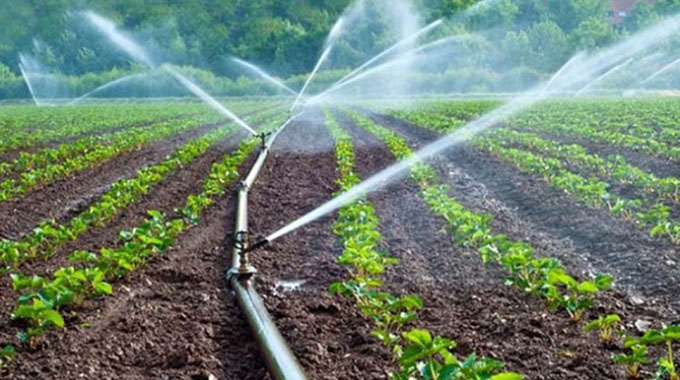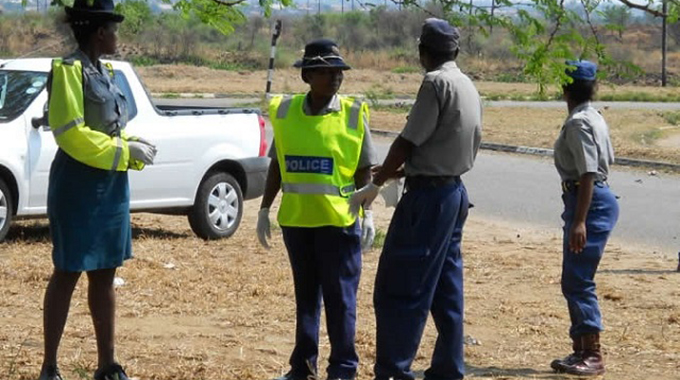Solar-powered irrigation for Mpudzi Dam

Rumbidzayi Zinyuke Manicaland Bureau
At least 40 families are set to benefit from the construction of a solar powered irrigation system at Mpudzi Dam in Manicaland, as Government moves to empower communities and grow the agricultural sector in line with Vision 2020.
Mpudzi Dam is located 35 kilometres south of Mutare and the project is one of the biggest that commenced this year in terms of irrigation development.
The project is expected to focus on horticulture production beacuse of its proximity to Sakubva fresh produce market.
In the wake of electricity supply challenges, the move to construct a solar powered system will ensure beneficiaries will not run out of power to pump water to their crops.
Provincial irrigation engineer Tendai Chimunhu said the first phase of the project would cover 20 hectares that will be subdivided into 0.5 hectare pieces of land for each of the 40 beneficiaries.
“Under phase 1, we will install a solar powered sprinkler system,” he said.
“The water will be pumped into a tank which then gravitates into the fields. The tank has already been installed and the pipe materials have been delivered on site.
“Installation of the available material commenced three weeks back, but procurement of the pumping system is still outstanding.”
Eng Chimunhu said the farmers had already started using the land this season before the installation of the system and once it was in place, focus would shift to horticulture produce.
The land around Mpudzi Dam has sandy loam soils which could hamper maximum production if the right technologies are not utilised.
Eng Chimunhu said using a sprinkler system was the best way to ensure plant growth.
“We are using a sprinkler system in this case because water has to go towards plant growth and we want to minimise water loss,” he said.
“We will explore other options as we progress with the project.”
Mpudzi Dam has a minimum irrigation capacity of 500ha which will be installed in phases.
“We wanted to finish Phase 1 by December this year, but because of inflation challenges, it will spill into the first quarter of next year,” said Eng Chimunhu.
“After we finish with Phase 1, we will monitor performance of the system before commencing the second phase.”









Comments